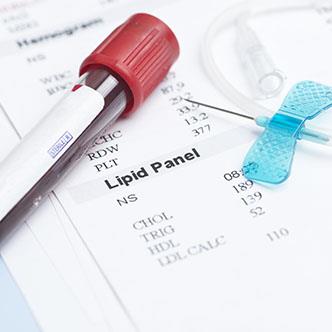
A new method for calculating cholesterol greatly improves the accuracy of convenient, non-fasting lipid tests, based on a study published in the American Heart Association journal Circulation.
Conducted at Johns Hopkins University, this study tested the accuracy of two methods used to calculate low-density lipoprotein (LDL) or “bad” cholesterol. The first calculation called the Friedewald method has been used since the 1970s and uses a ratio of triglycerides and “very low” cholesterol to calculate LDL. The second method was recently developed, and it uses a ratio of triglycerides and a different type of cholesterol to calculate LDL.
While the Friedewald method has been the gold standard for calculating non-fasting cholesterol for years, it’s not always accurate, especially in patients with a low LDL. Evidence suggests that the new method is more accurate, leading labs like Quest Diagnostics to adopt the new method when calculating non-fasting cholesterol.
To put both methods to the test, researchers analyzed cholesterol levels of more than 1.5 million patients in the Very Large Database of Lipids study. Roughly two-thirds of patients fasted for 10–12 hours before their blood test, while one-third were non-fasting.
After analysis, researchers found that the new method was significantly more accurate than the Friedewald method in calculating LDL cholesterol. The new method was also far more accurate in patients with low LDL and high triglycerides, where the Friedewald method falls short.
Findings are encouraging, as cholesterol tests are critical for screening and monitoring cholesterol levels. Fasting tests have always posed challenges to both patients and providers, as they require hours of fasting and tend to monopolize morning office appointments. Experts hope that the use of more accurate, non-fasting tests will help ensure that patients get the tests they need to monitor and manage their cholesterol levels.